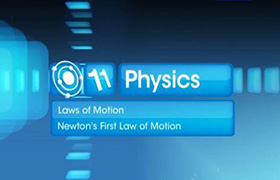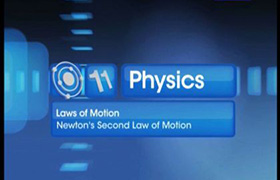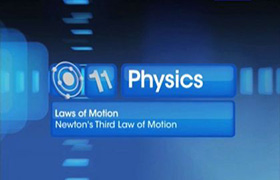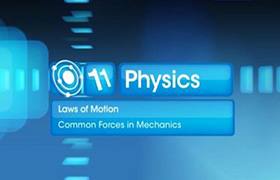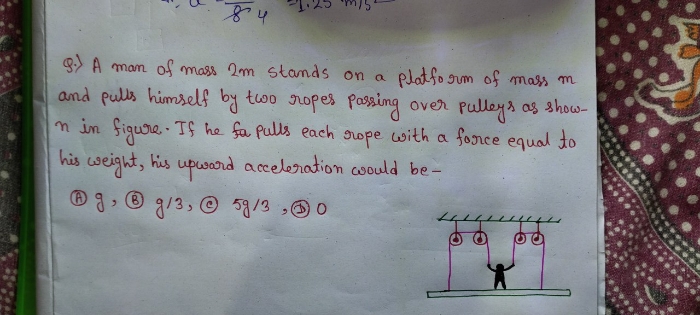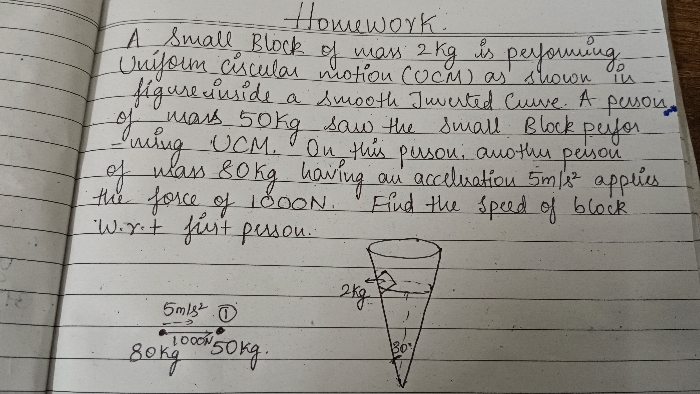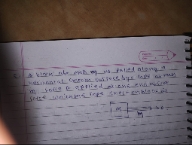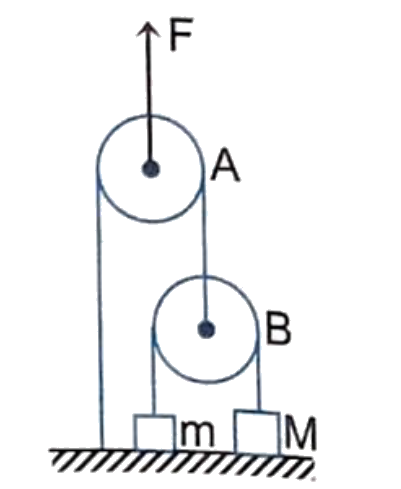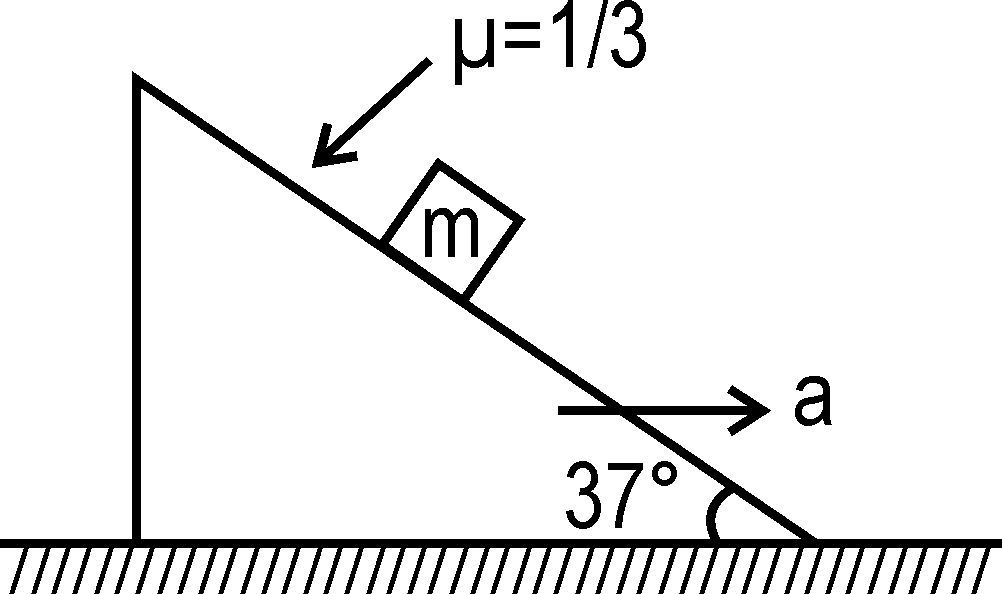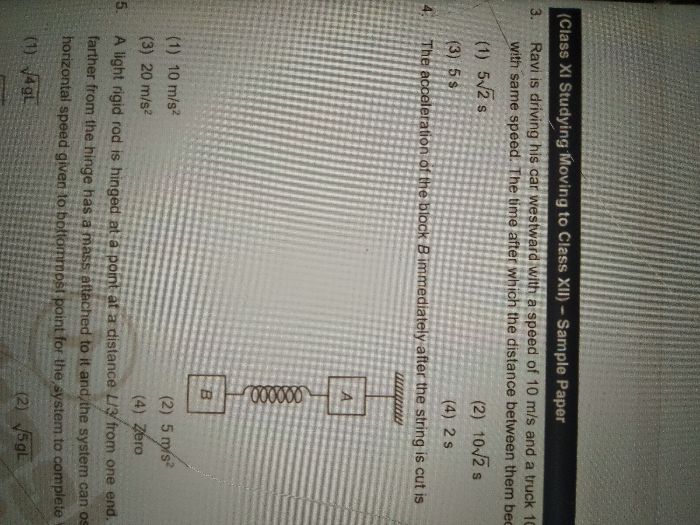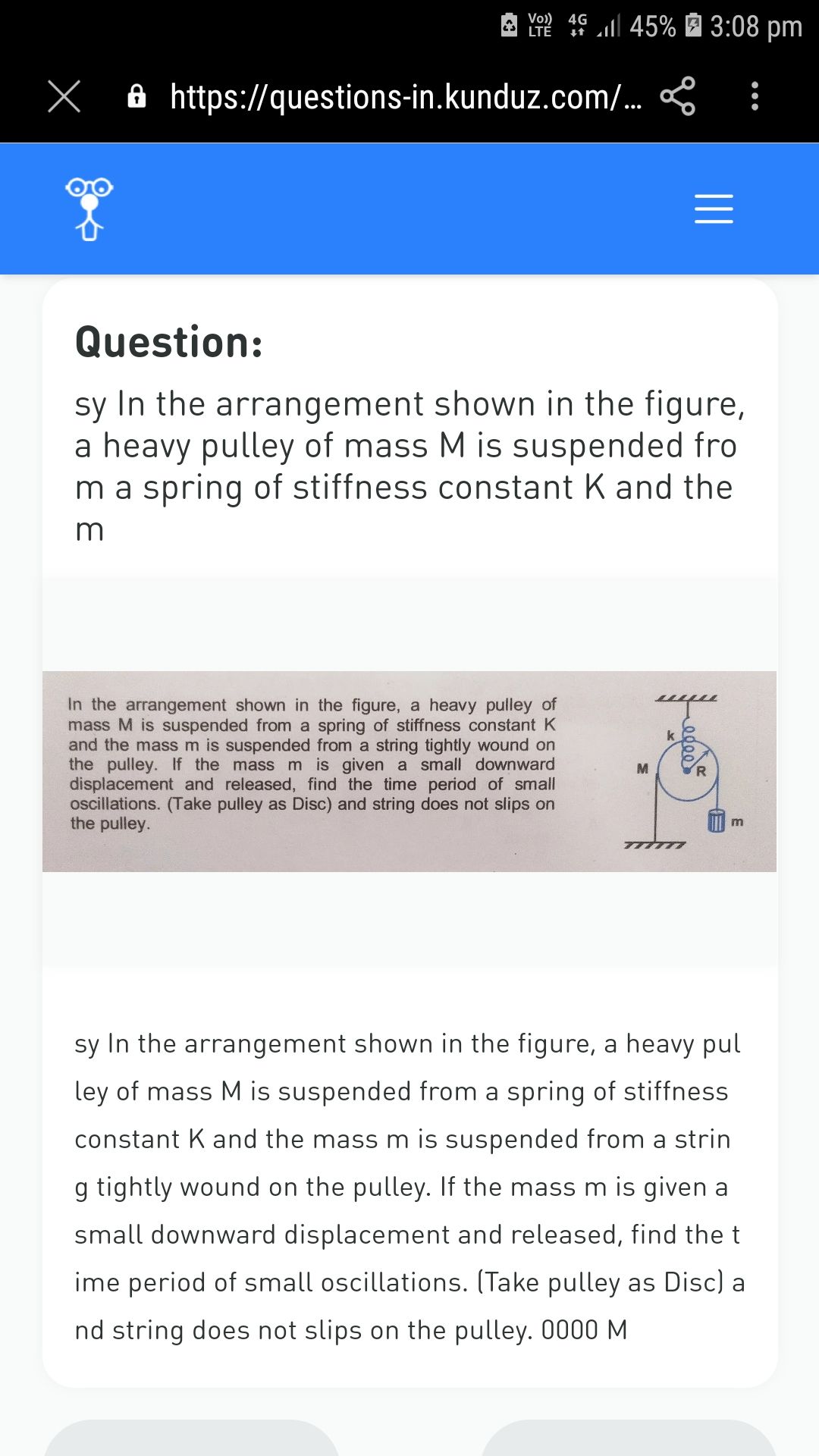CBSE Class 11-science Answered
An object will continue accelerating until:
(A) the resultant force on it begins to decrease
(B) the velocity changes direction
(C) the resultant force on it is zero
(D) the resultant force is at right angles to its direction of motion
Asked by Yash Sahu | 16 Apr, 2014, 00:06: AM
(A) When the resultant force decreases, the object might still be accelerating. However, it will be negative acceleration.
(B) When the velocity changes direction, the acceleration changes. Hence, the body is said to be accelerating.
(C) When the resultant force on an object is zero, the acceleration is zero in accordance with Newton's second law a = F/m.
(D) When the resultant force is at right angles to the direction of motion, the body is still accelerating (as in the case of circular motion).
Hence, the correct option is C.
Answered by | 16 Apr, 2014, 09:51: AM
Concept Videos
CBSE 11-science - Physics
Asked by pc2091054 | 28 May, 2024, 22:03: PM
CBSE 11-science - Physics
Asked by pranavsrinivas82 | 08 Jan, 2024, 23:30: PM
CBSE 11-science - Physics
Asked by rame123shshiv | 14 Nov, 2023, 06:18: AM
CBSE 11-science - Physics
Asked by kfcispuppy | 30 Sep, 2023, 10:06: AM
CBSE 11-science - Physics
Asked by sakethrockzz007 | 14 Aug, 2023, 16:30: PM
CBSE 11-science - Physics
Asked by sahuaryanbro1.0 | 01 Jan, 2023, 22:17: PM
CBSE 11-science - Physics
Asked by subhankarnanda123 | 20 Dec, 2022, 20:36: PM
CBSE 11-science - Physics
Asked by kashyspalbert91 | 11 Mar, 2022, 16:11: PM
CBSE 11-science - Physics
Asked by alkrishna4652 | 24 Feb, 2022, 13:46: PM

